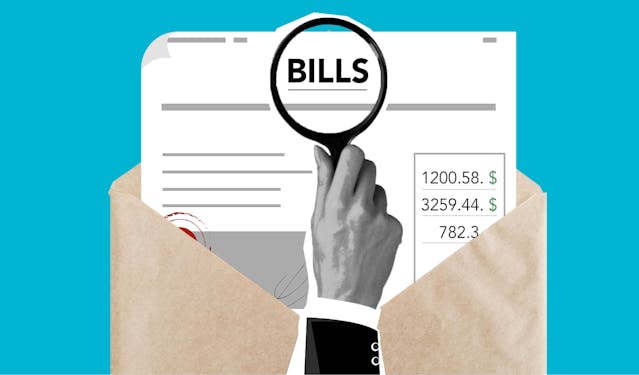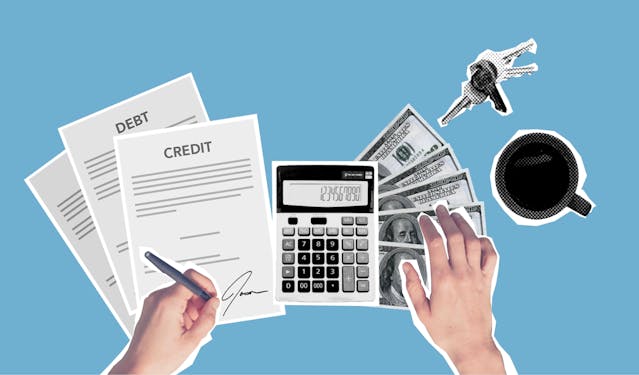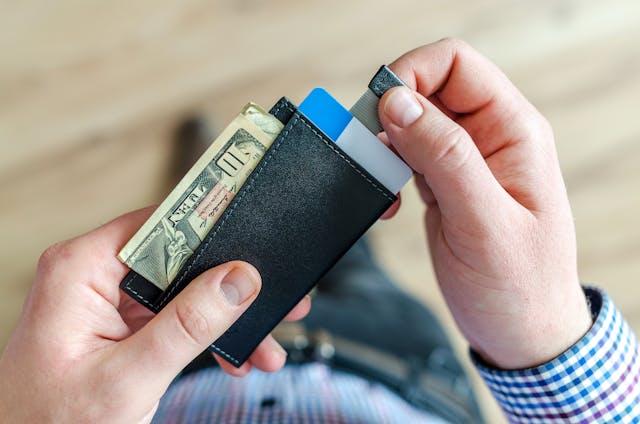Debt can be a heavy burden to carry, both financially and emotionally. Whether it’s credit card debt, student loans, or a mortgage, being in debt can feel overwhelming and can hinder your ability to achieve financial freedom. However, with the right strategies and mindset, you can pay off your debt and take control of your finances. In this article, we will discuss the best methods for paying off debt and achieving financial stability.

Why Is Paying Off Debt Important?
Paying off debt is crucial for achieving financial freedom. When you have debt, a portion of your income goes towards paying off interest, which means you have less money to save or invest. This can delay your ability to reach financial goals such as buying a house, starting a business, or retiring comfortably.
Moreover, carrying a large amount of debt can negatively impact your credit score, making it difficult to obtain loans or credit in the future. By paying off your debt, you can improve your credit score and have more financial flexibility.
Debt Repayment Strategies
There are various strategies for paying off debt, and the best one for you will depend on your financial situation and personal preferences. Here are some popular debt repayment strategies:
- Debt Snowball Method: This method involves paying off your smallest debt first, then moving on to the next smallest, and so on. The idea is that by paying off smaller debts first, you will gain momentum and motivation to continue paying off larger debts.
- Debt Avalanche Method: This method involves paying off your debt with the highest interest rate first, then moving on to the next highest, and so on. This method can save you money on interest in the long run, but it may take longer to see progress compared to the debt snowball method.
- Debt Consolidation: If you have multiple debts with high-interest rates, you may consider consolidating them into one loan with a lower interest rate. This can make it easier to manage your debt and potentially save you money on interest.
- Balance Transfer: Similar to debt consolidation, a balance transfer involves transferring your high-interest credit card debt to a new credit card with a lower interest rate. This can save you money on interest, but be sure to read the fine print and understand any fees associated with the transfer.
Budgeting Tips for Debt Repayment
Creating a budget is essential for paying off debt. It allows you to see where your money is going and identify areas where you can cut back to put more towards debt repayment. Here are some budgeting tips to help you pay off debt:
- Track Your Expenses: Keep track of all your expenses, including small purchases like coffee or snacks. This will give you a better understanding of where your money is going and where you can cut back.
- Create a Realistic Budget: Be honest with yourself about your spending habits and create a budget that you can stick to. It’s important to leave room for occasional splurges or unexpected expenses to avoid feeling restricted.
- Cut Back on Non-Essential Expenses: Look for areas where you can cut back on non-essential expenses, such as eating out, subscription services, or entertainment. Consider finding cheaper alternatives or eliminating these expenses altogether.
- Use the Envelope Method: This method involves allocating a certain amount of cash for each budget category and keeping it in separate envelopes. Once the cash is gone, you cannot spend any more in that category. This can help you stick to your budget and avoid overspending.
Check out our Top rated Budget planner pick from amazon or check out our Top Tablet Budget planner pick from amazon.

Debt Management Programs
If you are struggling to manage your debt on your own, you may consider enrolling in a debt management program. These programs are offered by credit counseling agencies and involve creating a debt management plan (DMP) to help you pay off your debt.
A DMP involves consolidating your debt into one monthly payment, which is then distributed to your creditors. The credit counseling agency may also negotiate with your creditors to lower your interest rates or waive fees. However, be sure to do your research and choose a reputable credit counseling agency to avoid scams.
Embark on your journey into the realm of financial mastery by taking the first step with our premier coin counter.
Credit Repair
Having a good credit score is crucial for obtaining loans, credit cards, and even renting an apartment. If your credit score has been negatively impacted by debt, there are steps you can take to repair it.
Read More tips on The Dos and Don’ts of Credit Cards.
Check Your Credit Report
The first step in credit repair is to check your credit report for any errors or inaccuracies. You are entitled to one free credit report per year from each of the three major credit bureaus (Equifax, Experian, and TransUnion). Review your credit report carefully and dispute any errors you find.

Pay Your Bills on Time
Paying your bills on time is one of the most important factors in determining your credit score. Set up automatic payments or reminders to ensure you never miss a payment.
Reduce Your Credit Utilization
Credit utilization refers to the amount of credit you are using compared to your credit limit. A high credit utilization ratio can negatively impact your credit score. Try to keep your credit utilization below 30% to improve your credit score.
Consider a Secured Credit Card
If you have a low credit score, you may have difficulty obtaining a traditional credit card. In this case, a secured credit card can be a good option. A secured credit card requires a security deposit, which serves as your credit limit. By using a secured credit card responsibly, you can improve your credit score over time.
Debt Settlement
If you are unable to pay off your debt in full, you may consider debt settlement. This involves negotiating with your creditors to pay off a portion of your debt in a lump sum. Debt settlement can help you pay off your debt faster and potentially save you money, but it can also have a negative impact on your credit score.
Before considering debt settlement, be sure to do your research and understand the potential consequences. It’s also important to work with a reputable debt settlement company to avoid scams.
Final Thoughts
Paying off debt can be a challenging and lengthy process, but it is essential for achieving financial freedom. By using the right strategies, creating a budget, and potentially enrolling in a debt management program, you can take control of your debt and improve your financial situation. Remember to also prioritize credit repair and consider debt settlement as a last resort. With determination and discipline, you can pay off your debt and achieve your financial goals.




























